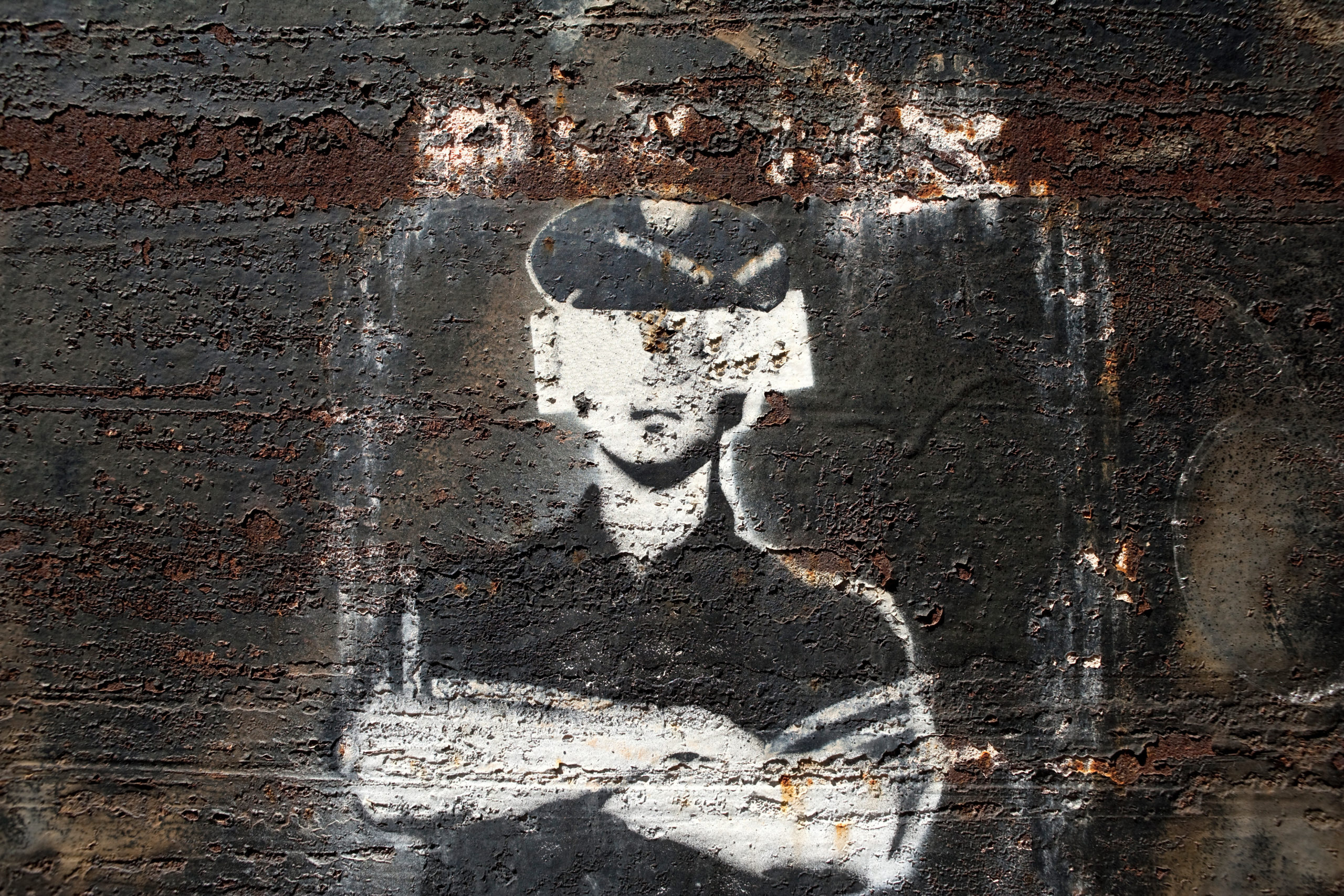Water Taxis Still Float Mayor’s Boat
This article, published by The Tacoma News Tribune, quotes Discovery Institute Fellow Bruce Agnew:
Read More ›The Cascadia Center, a Seattle-based nonprofit group, plans to hold a meeting soon with Gig Harbor, Tacoma and Des Moines leaders to discuss the water taxi idea. Cascadia is a policy group that studies, among other things, how to improve transportation on the Interstate 5 corridor.
A water taxi system is also scheduled for discussion during a meeting between Cascadia officials and area legislators March 29, said center director Bruce Agnew.
He said the group wants to commission an informal survey that gauges whether people even want the service. Wilbert posted a similar survey on Gig Harbors Web site in late 2003. It garnered almost 60 responses, mostly positive, she said.
Cascadia also hopes city leaders will unite and ask the Legislature to fund an in-depth, more scientific study on the need and potential effects of a South Puget Sound water taxi system.
